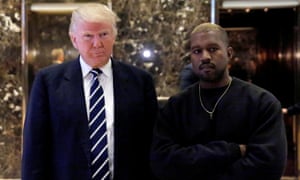Yahoo issues new warning of potentially malicious activity on accounts
Summary: Yahoo is warning users of potentially malicious activity on their accounts between 2015 and 2016, the latest in a string of cybersecurity problems faced by the technology company. The measure comes two months after the company revealed that data from more than 1bn user accounts had been compromised in August 2013, the largest such breach in history. The number of affected accounts was double the number implicated in a 2014 breach the internet company disclosed in September and blamed on state-sponsored hackers. Yahoo believes that the cookie-forging activity is linked to the same state-sponsored hackers, although the company would not name the state. Security experts have pointed to Russia and China as the usual suspects for these kinds of attacks, although some have questioned whether Yahoo would be a target. It is not clear how many user accounts are affected by the malicious activity announced Wednesday, although a Yahoo investigation has revealed that it involved the use of forged cookies, which can be used to access people’s accounts without re-entering their passwords.
[] Hackers potentially accessed accounts between 2015 and 2016, and the warning comes two months after saying data from 1bn users was compromised in 2013
[] Verizon is close to a renegotiated deal for Yahoo’s internet properties that would reduce the price of $4.8bn agreement by about $250m, following revelations about the company’s security breaches
My opinion: New and digital media is so advanced and some people like to use this in such a negative way and they are the sort of users of the internet that use it for all the wrong reasons. Hackers are setting up the worst examples of the developments that the internet is coming up with, this is something that can scare people to trust the internet and the developments of the internet. It is good that Yahoo is aware of this and are at least trying to do something to prevent it and protecting their users.



